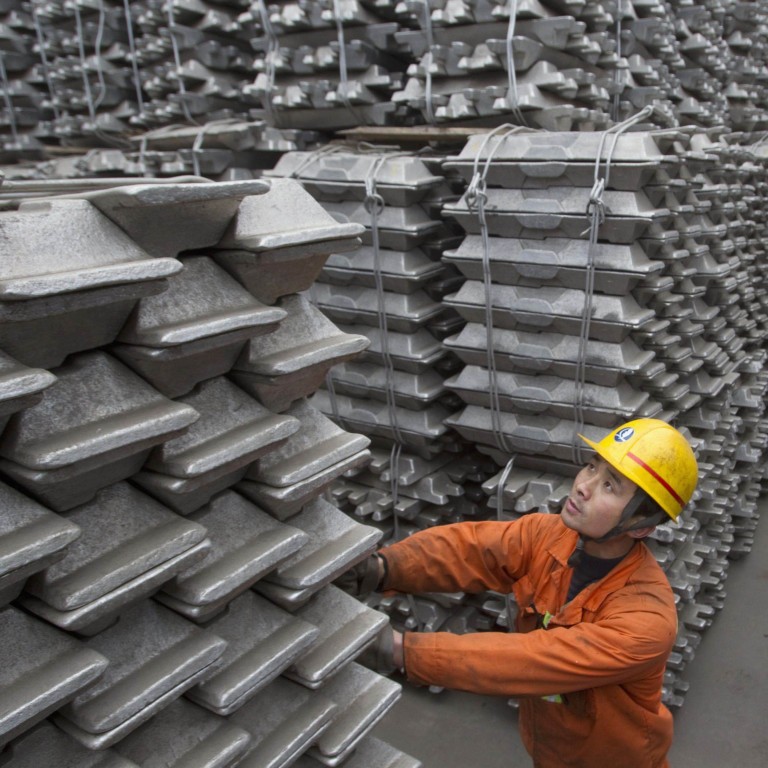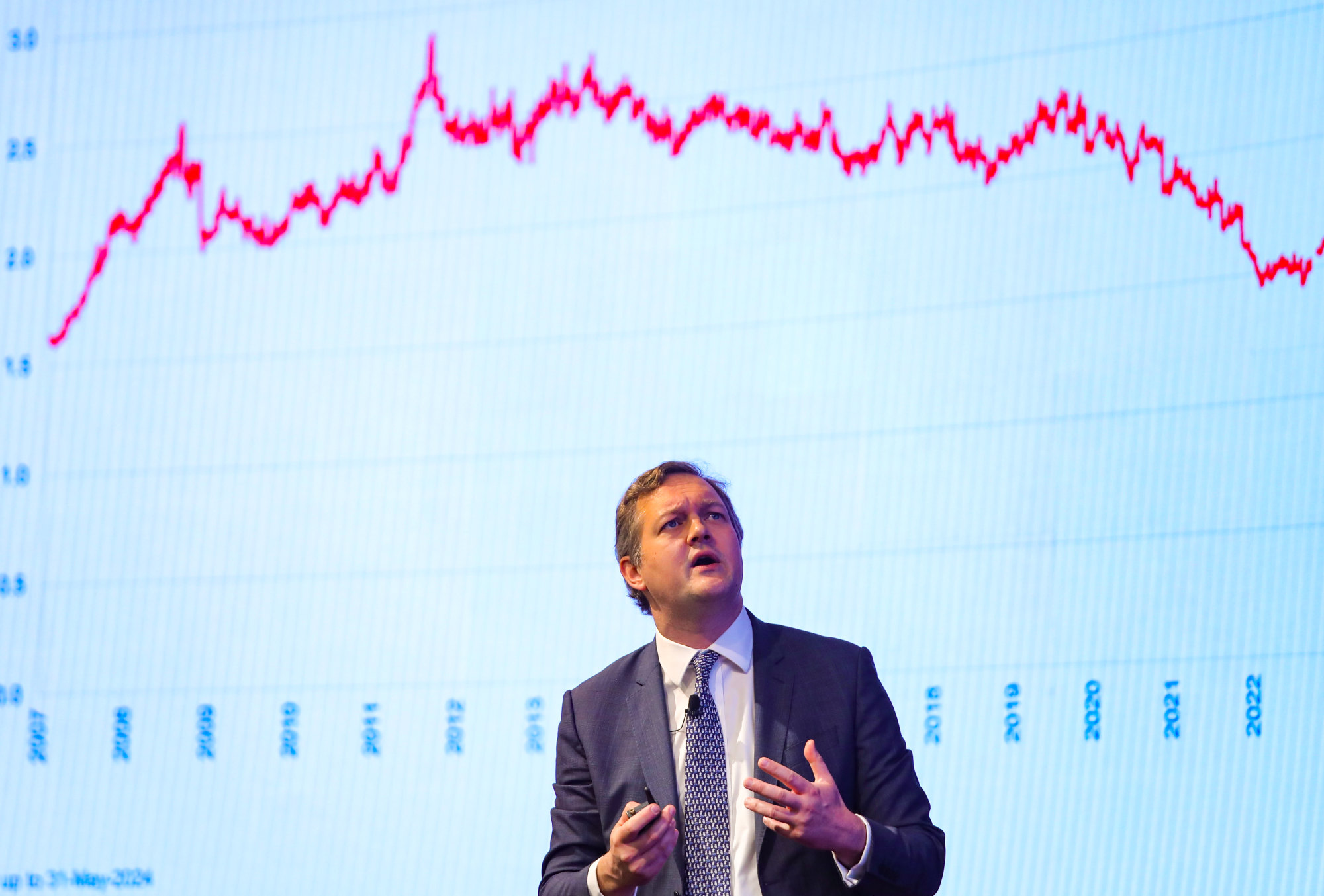
LME eyes Hong Kong for warehouse to tap China’s growing metals trade with global investors
- ‘The prospect of a warehouse in Hong Kong is interesting to us because it is the quickest way to transport the metal from mainland cities such as Shanghai,’ says LME boss
“The fantastic connectivity that we have here in Hong Kong to the mainland is really exciting, and that is why I am really enthusiastic about the concept of Hong Kong as a warehousing location,” Chamberlain said in an interview on the sidelines of the LME Asia Metals Seminar in the city on Thursday.
“The prospect of a warehouse in Hong Kong is interesting to us because it is the quickest way to transport the metal from mainland cities such as Shanghai,” said Chamberlain. “If I have metal in Shanghai, you can put it on a boat and ship it to South Korea or ship it to Taiwan, but the ability to use a truck or railway to bring the metal down to Hong Kong is fantastic.”
The exchange has already begun studying the legal issues and taxation matters for Hong Kong as a location for the warehouse, he added.

The next stage is to let the LME’s warehouse operators – third-party companies licensed by the bourse – identify land and facilities for the new storage facility.
Like its other warehouses, the building will need to be about 10,000 square metres (107,640 sq ft) in size, about the same as a typical neighbourhood shopping centre in Hong Kong, such as the Plaza Ascot in Fo Tan.
“In the last 15 years, the global metals market has very much pivoted towards Asia so we now need more capacity in Asia than we did historically,” Chamberlain said. “It is about having the capacity to deal with a big inflow of metal, but it is also about having it in the right place.”
“The warehouse in Hong Kong could strengthen the link between mainland physical metals markets and international pricing on the LME, creating more market arbitrage opportunities, closing gaps in delivery networks and improving logistics costs,” Chan said in a speech at the LME Asia seminar.
“The country’s sustainability commitments are likely to see its demand for metals increase significantly, and Hong Kong has the logistics and infrastructure and trusted and familiar international frameworks to make it work.”
The development of green technologies has led to increased demand for metals. Electric vehicles and solar panels, for example, require metals such as copper, lithium, nickel and cobalt, which are all traded on the LME.
“Green technologies are metal-intensive, [and we] grasp just how big this opportunity will be. If the metals industry is at the heart of the green transition, then China is at its head,” Chan said.
“Hong Kong has a unique role in connecting China and the world. HKEX is the core market infrastructure at the heart of this, and we are in an unrivalled position to keep connecting the metals industry in mainland China with international markets.”
The amount of metal stock being stored by the LME has fallen dramatically in the last couple of years, prompting it to cut its available warehouse space from 4.3 million sq m in the first half of 2021, at the height of the Covid-19 pandemic, to 3.3 million sq m in 2023, after the outbreak had subsided.
“Warehouse stock is quite cyclical,” said Chamberlain. “We did see a bit of a build-up during the pandemic, and then that started to come out, which drove the amount of stock to decline. It is important that our warehouse network always has enough capacity.”

